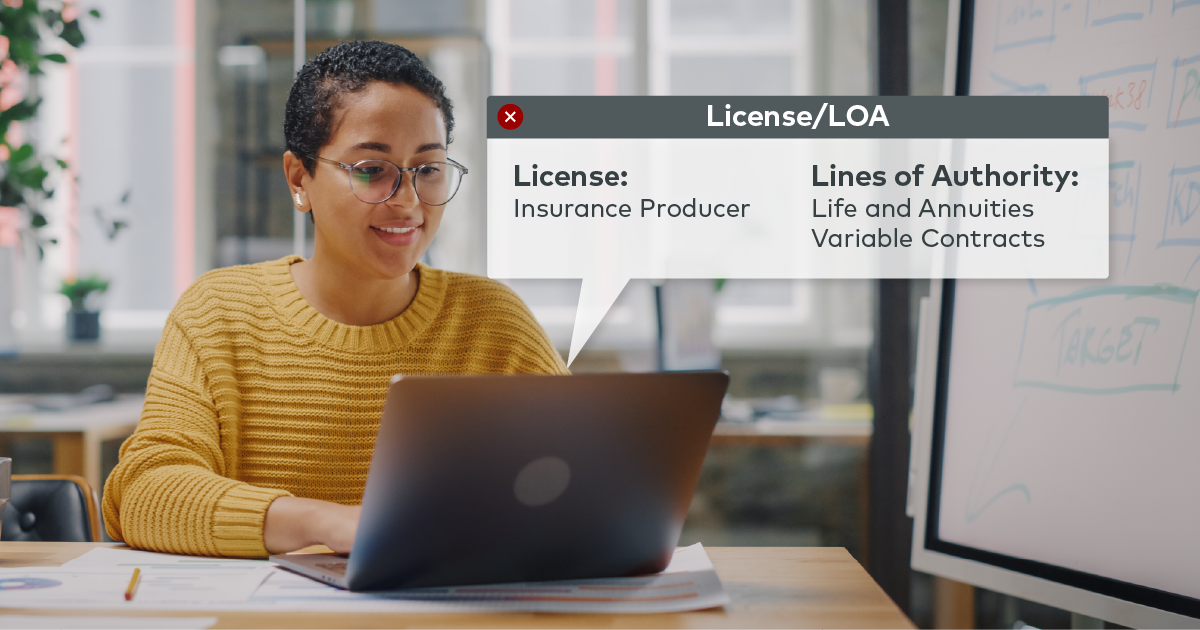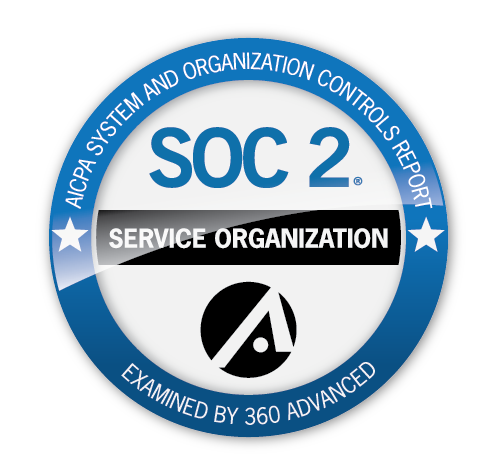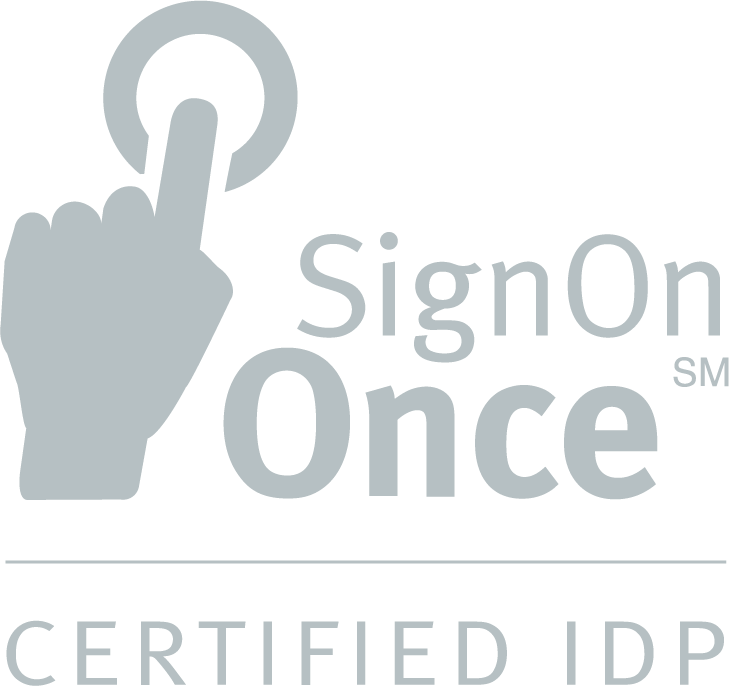In this blog series, a team of Vertafore regulatory experts address common challenges faced by carriers. Below, learn what carriers should consider when it comes to matters of producer licensure. With the right solution, staying on top of credentialing and compliance can be easier.
Managing producer credentialing and compliance is complicated, particularly amid ongoing workforce shifts that impact the wider industry. The impact of a lapsed insurance license is not limited to individual agents. To sustain growth and profitability, carriers depend on their agency partners keeping in good standing, which is why competitive carriers prioritize digital tools that increase visibility into license renewal deadlines and state-specific requirements. Here are five things carriers should keep in mind to help maintain their producers’ licensure status:
1. Prioritize continuing education
There are several actions or inactions that will cause a producer’s license to lapse. One is not completing their continuing education (CE). If they don't do their CE requirements in a timely manner, their license can't be renewed; if they can't renew their license, they can't conduct any new business. Some states grant a grace period, but others do not. Producers need to be aware of how much time they have left to get their CE done and should not wait until the last minute to complete it.
2. Pay attention to renewal dates and advance requirements
Along with completing their continuing education, completing their renewal on time is incredibly important for all licensees. It’s surprising how many producers, adjusters, brokers, and so on will do all the work but then fail to renew their licenses on time. Some states require a notice to be sent about these renewal dates, but many don’t. Completing CE requirements and renewal are closely linked, too, because some states mandate that the CE must be completed a set number of days before the license expiration date. If the CE isn’t done well in advance of the expiration date—for example, 60 days in certain states—then the renewal can’t be processed, and the license is going to lapse.
3. Never let a resident state license lapse
Under the Producer Licensing Model Act (PLMA), producers can choose their resident state based on their actual residence or their principal place of business. It's permissible to live in one state and work in another, to hold a resident license for the state they primarily do business in and to hold non-resident licenses for any other states they also do business in. This applies particularly to producers in tri-state areas or who work nationally. Wherever a producer holds their resident license, they need to remember that keeping it in good standing determines their license status anywhere else they hold a non-resident license. If a resident license lapses, it will invalidate a producer’s non-resident licenses, too—and reinstating each of those licenses could quickly become very, very costly.
4. Surrender a license voluntarily to remain in good standing
If a producer lets a license lapse, there will be financial penalties for not being a good steward of that license should they go to reinstate it in the future. That’s why it’s better for producers to voluntarily surrender or inactivate a license they aren’t using, or if they want to leave the industry but might return eventually. States have windows for producers to come back without having to sit for exams, even though they will have to get up to date with whatever continuing education requirements they missed. That window can be anywhere from 90 days to three years. States look favorably on those who leave the industry in good standing, and it allows carriers to have confidence in their appointed or captive agents as persons of integrity. A person of integrity would not let their license lapse intentionally.
5. Rely on a trusted compliance solution
Don’t forget that carriers are ultimately responsible for the actions of their producers in the marketplace. Compliance management technology like Sircon Producer Central alerts carriers when their appointed agents’ licenses are about to expire, and it also provides visibility into producers’ continuing education status. With support from the right solution, carriers can ensure their producers have all the tools they need to avoid letting their licenses lapse, or the right information to responsibly take a break and still return to the industry in good standing.



